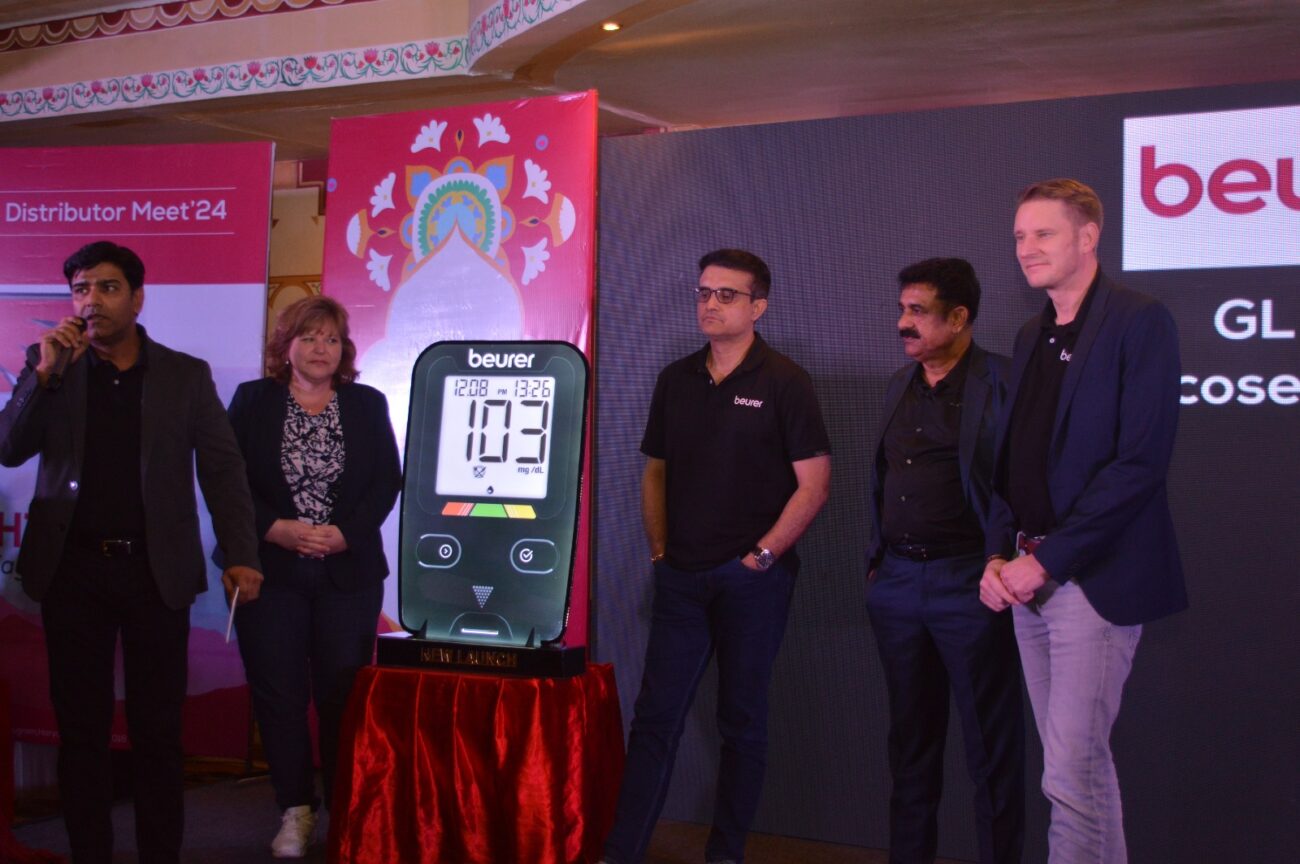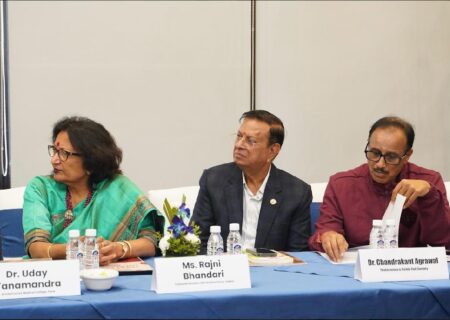Indian Healthcare Leaders Embrace New Care Delivery Model to Increase Efficiency and Improve Health Outcomes: Philips Future Health Index India 2023 Report
Royal Philips (NYSE: PHG, AEX: PHIA), a global leader in health technology, today announced the India findings of its flagship Future Health Index (FHI) India 2023 report titled ‘Taking Healthcare Everywhere: Addressing staff shortages and

Royal Philips (NYSE: PHG, AEX: PHIA), a global leader in health technology, today announced the India findings of its flagship Future Health Index (FHI) India 2023 report titled ‘Taking Healthcare Everywhere: Addressing staff shortages and patient needs with new care delivery model. The eighth edition of the Future Health Index 2023 examines how younger healthcare professionals and leaders in the industry see the role of new care delivery models that integrate the virtual and the physical. The research is based on proprietary data from nearly 3,000 respondents in 14 different countries.
The Future Health Index India 2023 study offers a thorough picture of how collaboration is manifesting itself in a variety of ways in India. To deliver more individualized and integrated treatment, healthcare practitioners are collaborating with various organizations across the healthcare value chain. They are looking to health technology businesses and data/IT providers to relieve staff pressures at the point of care through automation, AI, and data-driven insights. In addition, they want to share best practices with other providers and specialized partners to make healthcare more ecologically sustainable.
From an Indian viewpoint, the findings show that healthcare executives are more focused on addressing issues such as personnel shortages, providing care to patients, and forming collaborations throughout the healthcare ecosystem. An astounding 82% Indian healthcare leaders highlighted that they are already utilizing or planning to use digital health technologies to address manpower shortages and increase efficiency. 78% Indian healthcare executives are actively spending in virtual care of patients to bring healthcare closer to patients.
Commenting on the launch of the report Daniel Mazon, Vice Chairman & Managing Director, Philips Indian Subcontinent said, “In the ever-evolving landscape of Indian healthcare, we must acknowledge that our current practices have limitations. To achieve greater transformation, we must embrace a new paradigm of care delivery. The 2023 Future Health Index India report provides valuable insights into this journey. With increasing investments in AI and virtual care, Indian healthcare leaders are embracing the potential of digital technology to enhance efficiency, improve experiences, and drive better outcomes. Simultaneously, we at Philips India are working to innovate a future where patients will enjoy a broader spectrum of virtual and in-person access points, empowering them to take charge of their health journey.”
Tackling Staff Shortages and Financial Pressures
The COVID-19 pandemic highlighted the challenges confronting India’s healthcare system, including limited infrastructure and a severe health worker shortage, as it did in many other nations.
Healthcare leaders in India are turning to several technology solutions to alleviate the effects of labor shortages. Almost half (49%) of the surveyed leaders said that they are already using or planning to use crucial decision support technology (49%), communications technology (49%), and tech solutions that interface with out-of-hospital environments (48%) to reduce the impact of workforce shortages. To address the workforce issue, slightly more than one-third of Indian healthcare executives (36%) are working with startups in the field.
Bringing healthcare closer to patient
During the pandemic in April 2020, telehealth consultations accounted for fewer than 1% of primary care visits in India; however, by April 2020, that percentage had grown to 43.5%. A new medical care model has emerged as a result of the virtual care trajectory after COVID-19.
Indian healthcare leaders acknowledge this and a majority (88%) are spending money on at least one virtual care technology. Of these, the top digital health technologies Indian healthcare leaders are currently investing in include healthcare professional to patient virtual care (78%), digital health records (70%) and healthcare professional to healthcare professional virtual care (59%).
Apart from providing an increased number of surgery centres and ambulatory care centres, Indian healthcare leaders also plan to provide other services such as community healthcare workers (42%) and nutritionists (30%) to offer patients more holistic care.
Partnering across the healthcare ecosystem
To overcome technological obstacles, dismantle data silos, and provide more integrated care that enhances patient outcomes, diagnostic screening centers and India’s healthcare experts are teaming up with each other. When asked who their hospital or healthcare facility currently partners with, diagnostic imaging/screening centers were the most selected (63%) by healthcare leaders. This result is the highest among markets surveyed, far above the global average (28%), and much higher than Brazil (7%), China (22%) or Indonesia (11%). Healthcare leaders’ next most selected partners were retailers/pharmacies and mental health services (both 37%). When asked what external organizations they would like their hospital or healthcare facility to partner within the next three years, IT or data providers were selected most by both healthcare leaders and younger healthcare professionals.
Since 2016, Philips has conducted original research to help determine the readiness of countries to address global health challenges and build efficient and effective health systems.






